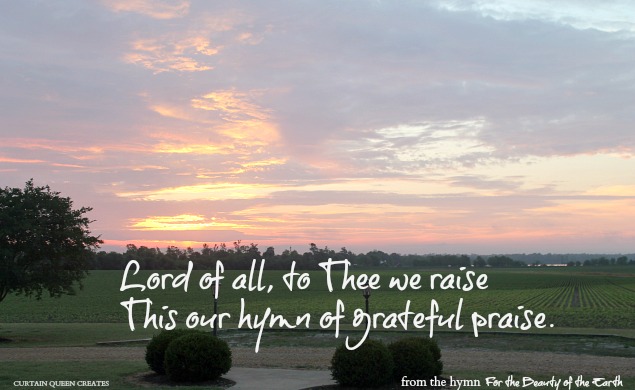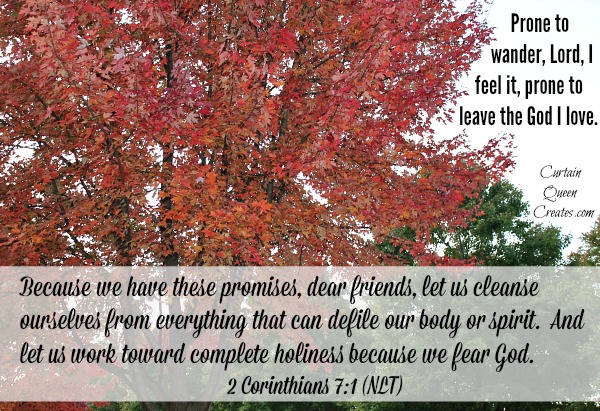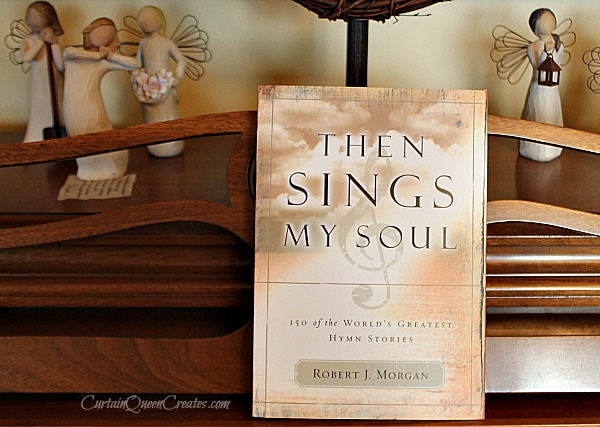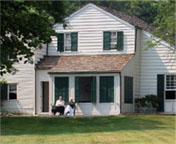On the day of inspiration, Folliot Sanford Pierpoint was strolling in the countryside on a beautiful spring day. I can so relate to that! Can you? Do you sometimes take a walk and receive a flood of inspiration? (It happens to me on motorcycle trips, too.)
The old hymn, For the Beauty of the Earth, was inspired by the beauty that’s all around us in creation. Pierpoint wrote his original poem after graduating from Cambridge and while teaching at Somersetshire College in his hometown of Bath, England.
Overwhelmed by God’s brilliant creation in Folliot’s view of the green ocean, the blue dome of heaven, and the Avon River flowing across a floral landscape, Folliot wrote his poem.
The original writing ended each verse with “Christ, Our God, to Thee we raise / This our sacrifice of praise” but was later changed to what we have now.
Falliot intended the poem to be used for Communion services in the Anglican Church. But very soon, it flew over the Atlantic to America, where it became one of only a few hymns devoted solely to thankful praise. It soon became associated with our Thanksgiving holiday.
As our prosperity grows here in America, it seems our gratitude wains. The more we have, the less thankful we are. Imagine seeing a beautiful starry night only once every couple of years.
Don’t you think we’d take notice and relish in it? Not so, with our view of the sky and stars most any night.
How great you are, O Sovereign Lord!
There is no one like you. We have never even heard of
another God like you! (2 Samuel 7:22)
Maybe Falliot’s hymn will help us exhibit an attitude of gratitude that’s in proper proportion with the blessings we enjoy.
Among many other things, I’m grateful for another spectacular Sunday. What about you?
Could you write a poem or hymn of praise for the blessings in your life? Do you sit in awe as you think about the things that inspire your thankfulness?
Blessings~












